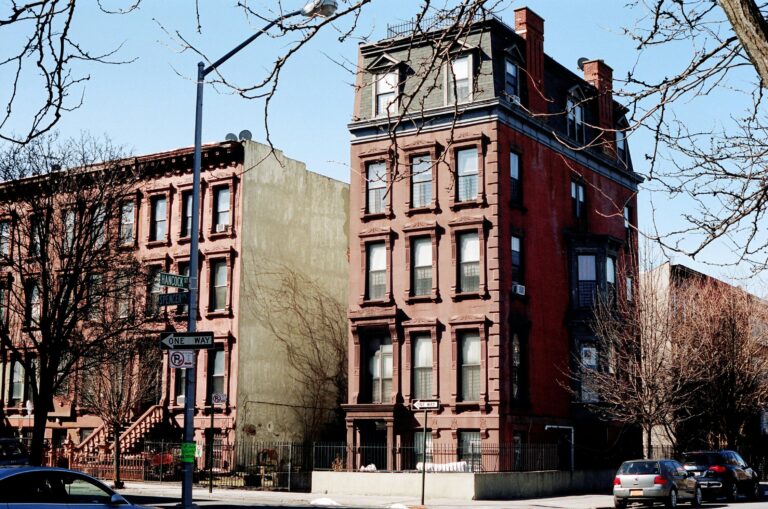Targeted ACP Campaigns Yield Results
The Affordable Connectivity Program (ACP), part of the Infrastructure Law, provides eligible households with a $30 monthly subsidy for affordable broadband at home. EducationSuperHighway partnered with Springfield and Worcester Public Schools to launch an awareness campaign to get the word out about the ACP benefit and assist families with enrollment.
The partnership yielded great results. As of May 31, 2022, Springfield had a 42 percent and Worcester a 38 percent adoption rate, compared to the state average of 19 percent. EducationSuperHighway, in collaboration with school personnel, conducted several forms of outreach to get in touch with families and help with enrollment:
- Sending mailers with general ACP information and step-by-step enrollment overview fliers to each family;
- Broadcasting information on the district website and social media;
- Sending text messages to families of students enrolled in either district;
- Recording and publishing content for local radio and news stations;
- Conducting robocalls to all families to alert them of the benefit; and
- Including individualized enrollment letters for students’ families, which can be used as proof of Community Eligibility Provision (CEP) status thereby demonstrating the family’s eligibility for ACP.
The school districts found that the most effective forms of outreach were through social media, texting, and robocalls.
The success of these initiatives are instructive as students across the country return to school this fall: schools can serve as a trusted, critical channel in communicating ACP information to families.
Wins for Apartment Wi-Fi
In a win for the millions of households living in multi-family housing around the country who lack affordable broadband, a provision of NTIA’s BEAD program establishes two criteria by which a multi-family building may be “prioritized” for the deployment of Wi-Fi service using BEAD dollars: the building may either have “a substantial share of unserved households” or be home to a high number of households at or below 150% of the federal poverty level.
EducationSuperHighway can play a significant role in helping states and local communities determine the right projects for their communities, and execute the procurement and installation process. For example, nonprofit developer Urban Edge is partnering with the Metropolitan Area Planning Council (MAPC) to bring a large apartment Wi-Fi network to up to 50 properties, comprising up to 1,500 units, in the Roxbury neighborhood of Boston. EducationSuperHighway provided pro bono service provider relationship management, procurement support, network design, pricing review, and RFI document templates. EducationSuperHighway has also provided needs assessments for many affordable and/or mixed housing development portfolios in Massachusetts, including those affiliated with Essex County Community Foundation (ECCF), Alliance for Digital Equity in Western Massachusetts, multiple public housing authorities, and local community development corporations, among others.
Digital Equity Grassroots Coalition Assembles
A statewide coalition of digital equity proponents formed in the fall of 2021 to share experience, information and best practices, and goals for digital equity throughout Massachusetts. Participating organizations include EducationSuperHighway, ECCF, Baystate Health, the Massachusetts Broadband Institute, MAPC, Mass Law Reform Institute, the Alliance for Digital Equity in Western Massachusetts, the State Board of Library Commissioners, representation from several cities and municipalities throughout the commonwealth, and more. Coalition activities include advocating for service providers to simplify the process households must go through to sign up for ACP, holding statewide information sessions to boost awareness of the program, and sharing digital equity resources with community-based organizations throughout the state.
EducationSuperHighway has taken an active role in the digital equity partnership, sharing best practices on ACP adoption, training community leaders on ACP, helping review grant applications for ACP digital navigator programs, and sourcing opportunities for apartment Wi-Fi projects for underserved communities. To find out how you can plug into the Massachusetts digital equity coalition or launch a broadband adoption campaign in your state, contact us.




